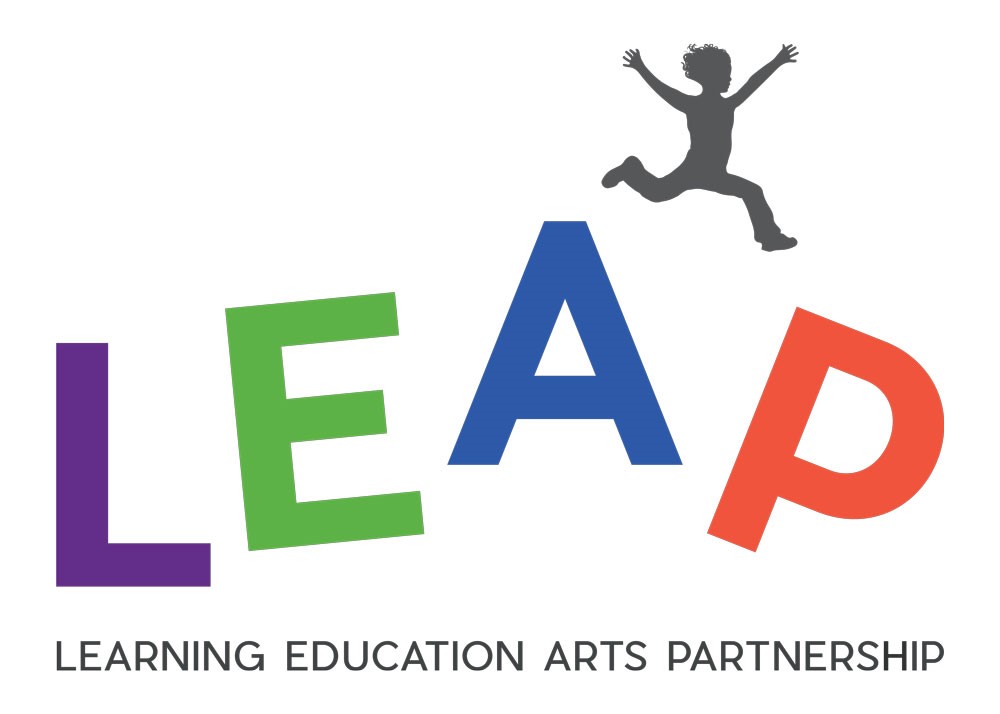Our Empowerment Curriculum
‘If the young are not initiated into the tribe, they will burn down the village just to feel its warmth’
African proverb
‘…the current National Curriculum systematically omits the contribution of Black British history in favour of a dominant White, Eurocentric curriculum that fails to reflect our multi-ethnic and broadly diverse society. ……the need for a curriculum that redefines conceptions of ‘Britishness’ and how this aligns to our values and identities is integral towards developing an inclusive classroom that establishes belonging and connectedness to the curriculum on offer’
(Arday 2020)
Rationale for Change:
- Hackney has the 3rd highest child poverty rate in the UK.
- A study by leading charity Child Poverty Action Group (CPAG) shows 48% of children in the borough were living below the poverty line in 2017/18, up from 41.3 per cent in the previous year.
- 4% books published 2017 featured BAME characters (391 of the 9,115). Just 1% had a BAME main character, and a quarter of the books submitted only featured diversity in their background casts. This compares to the 32.1% of schoolchildren of minority ethnic origins in England identified by the Department of Education last year
In 2020, LEAP begun the journey of creating and embedding an empowering, ‘Rich, Relevant and Representative’ curriculum to:
- provide, for all of our pupils, a sense of belonging and identity and their place in time and the world around them
- teach an accessible educational curriculum that reflects our multi-ethnic and broadly diverse cohort, whilst raising attainment for all pupils
- celebrate the achievements and contributions of the African, Asian, and Middle Eastern Diaspora to Britain and the world
- explore the structural inequities they face, empowering them to overcome and change through education
- engage, reflect and inspire our children by asking the big questions and allowing them to imagine an aspirational future
- empower our children to dream bigger, fight harder and reach higher
Over the past couple of years, we have analysed each unit of work across the curriculum to evaluate whether or not it meets our vision for a rich, relevant and representative curriculum. We have researched, discussed, questioned and looked at meaningful ways to develop each unit. From history, geography, art, music to our core reading texts we have changed the content, whilst ensuring we are still covering the National Curriculum expectations. All of our staff, across LEAP, have received unconscious bias training and our journey continues to ensure that all children, staff and families feel represented, valued and safe from prejudice

